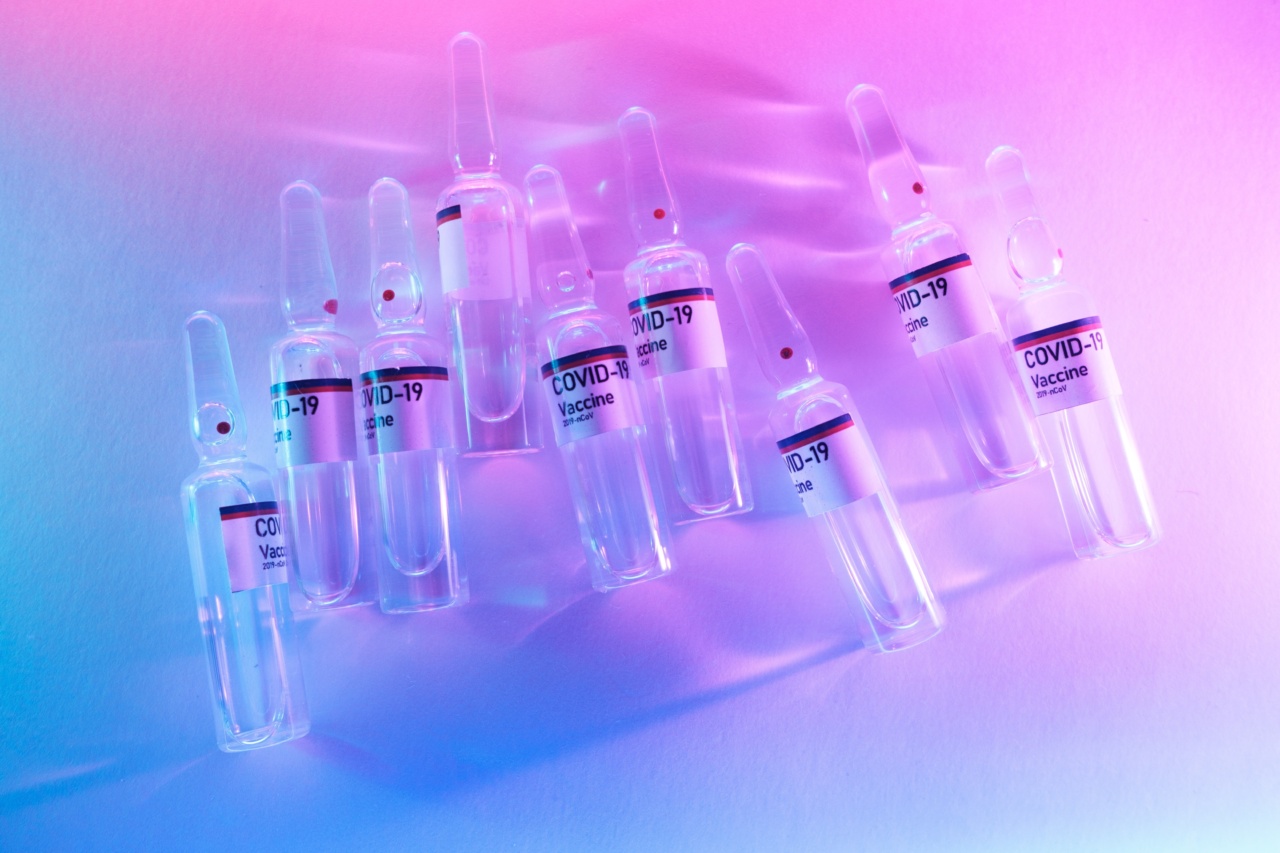Babies are delicate creatures, with their bodies not yet fully developed to handle certain foods and drinks.
It is important for parents and caregivers to know which liquids are safe for babies to consume, especially during the first few months of life when they rely solely on breast milk or formula. As they grow, babies may start to explore different types of liquids, but not all of them are suitable for their developing bodies.
Breast Milk
Breast milk is the most natural and complete source of nutrition for babies up to six months old.
Breast milk contains all the essential nutrients a baby needs for healthy growth and development, including antibodies that help protect them against infections and diseases. It is also easily digestible, which makes it the ideal first food for babies.
Formula Milk
Formula milk is a suitable alternative for babies who are not able to breastfeed for any reason. Formula milk is formulated to mimic the composition of breast milk, with all the essential nutrients a baby needs to grow and develop.
It is important to choose a formula milk that is age-appropriate and recommended by a pediatrician.
Water
Water is generally safe for babies over the age of six months to drink, but it is not a necessary component of their diet until they start eating solid foods.
Too much water before six months can dilute the nutrients in breast milk or formula, which can interfere with a baby’s growth and development. If a baby is thirsty, it is recommended to offer breast milk or formula instead of water.
Cow’s Milk
Cow’s milk should not be given to babies under the age of one year, as their digestive systems are not able to process the proteins and minerals in cow’s milk.
Cow’s milk can also lead to iron deficiency anemia, which can be a serious condition in babies.
Fruit Juices
Fruit juices are not necessary for a baby’s diet and are not recommended for infants under six months old.
Even after the age of six months, it is important to limit the amount of fruit juice a baby consumes as it can cause diarrhea, tooth decay, and contribute to obesity. If fruit juice is offered, it should be 100% natural with no added sugar or flavorings.
Infant Teas
Infant teas are marketed as a natural and soothing way to calm a fussy baby and promote sleep, but they are not recommended for infants under the age of six months.
Herbal teas can interfere with a baby’s digestion and may contain unsafe levels of certain antioxidants and flavonoids. It is important to consult with a pediatrician before giving any type of herbal tea to a baby.
Pedialyte and Electrolyte Drinks
Pedialyte and other electrolyte drinks are designed to replenish fluids and essential minerals lost during diarrhea and vomiting. They are not necessary for healthy babies who are not experiencing dehydration.
Pedialyte and similar products should only be used under the direction of a pediatrician.
Bone Broth
Bone broth is a trendy superfood that is believed to have many health benefits, including improving digestion, boosting immunity, and supporting joint health.
However, bone broth is not recommended for babies as it may contain high levels of sodium and other minerals that can be harmful to their developing kidneys. It is best to stick with breast milk or formula for a baby’s primary source of nutrition.
Conclusion
As a parent or caregiver, it can be overwhelming to know which liquids are safe for babies to consume. Breast milk and formula are the best options for infants under the age of six months, and water can be introduced in small amounts after that age.
Cow’s milk, fruit juices, and infant teas should be avoided or limited, and electrolyte drinks should only be used under the direction of a pediatrician. With careful attention to a baby’s nutrition, parents can help ensure their little ones grow and thrive into healthy toddlers and beyond.





























